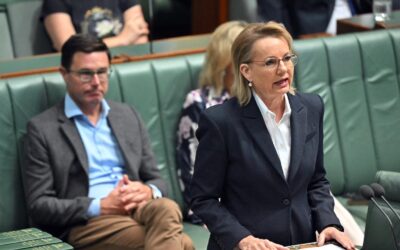Sorry, that’s old news…
You’ve found an older news story. We delete stories from our AAP News Feed after two months. But fear not, here’s today’s news!

A Liberal MP has insisted Sussan Ley will survive an impending leadership challenge as the Nationals outline the ...

An environmental watchdog has recommended a Kimberley fracking proposal but conservationists say the decision is ...

US President Donald Trump has threatened Canada with tariffs to prevent closer economic co-operation between the ...

The Wolfe Brothers have swept Australia's peak country music awards, winning five Golden Guitars including the top ...

Nvidia CEO Jensen Huang is in China as the company waits for Beijing to decide whether to allow it to sell its ...

Liberals are weighing up their options ahead of a looming leadership coup against Sussan Ley but fury at the ...

Extreme weather will confront Australians over the long weekend, disrupting holiday plans and two major sports events.

Vietnam's top leader, To Lam, has pledged to turbocharge growth in the export-reliant nation as he scored another ...
No results found.
Background image courtesy victoriancollections.net.au